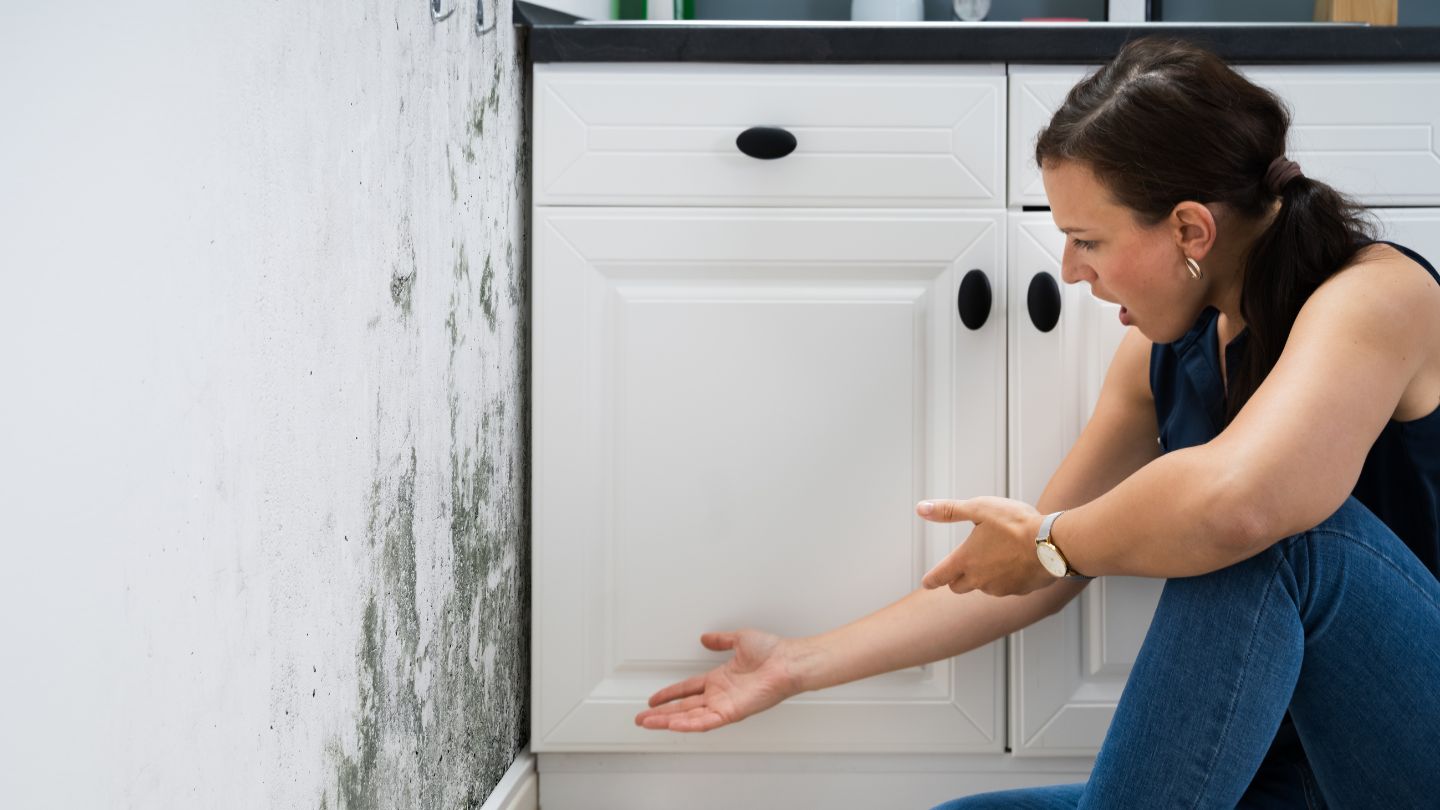Mold damages property and poses health dangers—in addition to forming ugly marks on walls. Mold spores cause potential inflammation and respiratory complications. Because the spores can float through the air, it is common to wonder if opening windows helps with mold.
Moisture Gradient Dilemma
Keeping windows open to help with mold works in two different ways.
1. Opening a window to reduce spore buildup
Opening a window only works if there is less moisture outside than inside. If you open your windows when there is more moisture outside, that moisture moves in and increases spore colony formation, even though the intention was to allow accumulated spores to blow out through the windows! So, will opening windows help with mold? It depends on the level of humidity inside and out.
2. Opening a window to allow in cold air
Warm, humid environments accelerate spore multiplication. Meanwhile, opening a window to allow in cold air may lower the temperature, thus hindering spore multiplication. If that cold air is humid, however, this may increase mold spore growth and spread them further!
Logical Considerations
Does opening a window help with mold or not? Opening a window when it is raining allows for more moisture to enter and intensify spore formation. On the flip side, opening the window will lower the warm room temperature, which favors colony formation. However, wind may blow in more spores and moisture from outside. Since opening windows is not enough to solve a mold infestation, seek professional guidance from mold remediation experts in Atlanta, GA
Your DIY Effort
Here are some steps to help reduce spore multiplication in your household:
- Strategically position dehumidifiers closer to the colony to reduce moisture.
- Use bathroom vents to reduce indoor moisture.
- Ensure wet clothes are put in the dryer and not hung indoors.
- Repair leaking roofs, water lines, and broken floors to reduce indoor moisture.
- Consider allowing spores and their mycotoxins to leave by briefly opening the house as you remove the colony.
Read More: Top 15 Mold Prevention Tips
Trust Expert Intervention
The management and control of mold is not easy, and you may not be able to handle it with your limited know-how. DIY intervention risks disturbing the mold colony and releasing mycotoxins into the atmosphere, which may pose severe health risks and possibly spread the mold more throughout your house.
Do you need help ridding your home of mold? Mold remediation experts in Atlanta are up to the task! By engaging experts like Mold-B-Gone Remediation, you are taking a vital step toward eradicating mold and securing your family against its harmful effects. Contact us today for more information.

